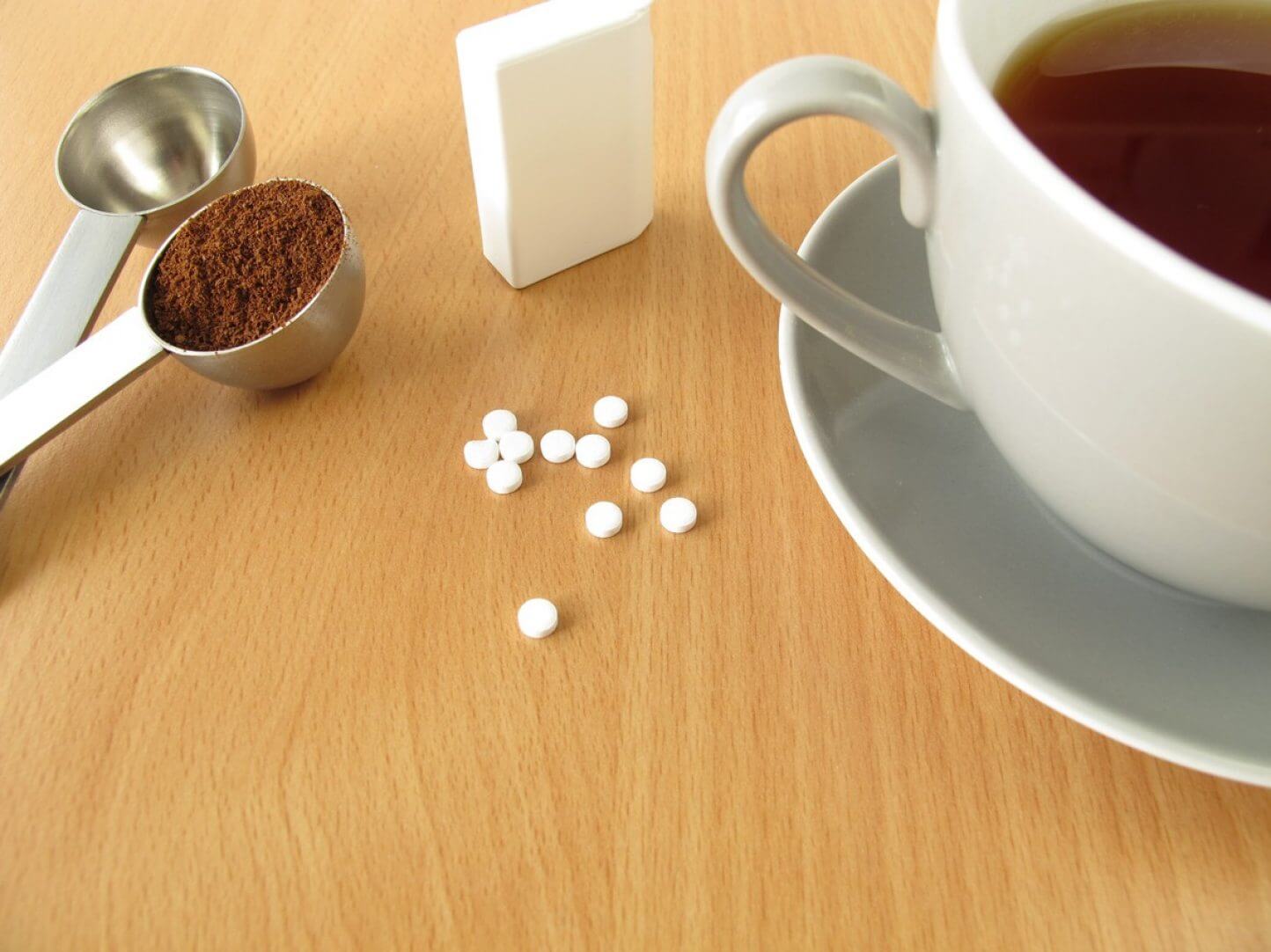The World Health Organization (WHO) has taken a stand against non-sugar sweeteners, warning that the substances do not help with weight control and can potentially increase risk of disease.
According to the official announcement, the recommendation is based on the findings of a systematic review of the available evidence.
That evidence says that use of NSS does not confer any long-term benefit in reducing body fat in adults or children. Furthermore, there may be potential undesirable effects from long-term use of NSS, such as an increased risk of type 2 diabetes, cardiovascular diseases, and mortality in adults.
Also read: Can You Trust It? How Accurate is Apple Watch Calories Tracker
“Replacing free sugars with NSS does not help with weight control in the long term. People need to consider other ways to reduce free sugars intake, such as consuming food with naturally occurring sugars, like fruit, or unsweetened food and beverages,” says Francesco Branca, WHO Director for Nutrition and Food Safety.
What should you do?
If you do not have diabetes, avoid sweeteners like acesulfame K, aspartame, advantame, cyclamates, neotame, saccharin, sucralose, stevia and stevia derivatives.
“People should reduce the sweetness of the diet altogether, starting early in life, to improve their health,” added Branca.
Follow TechTheLead on Google News to get the news first.

























